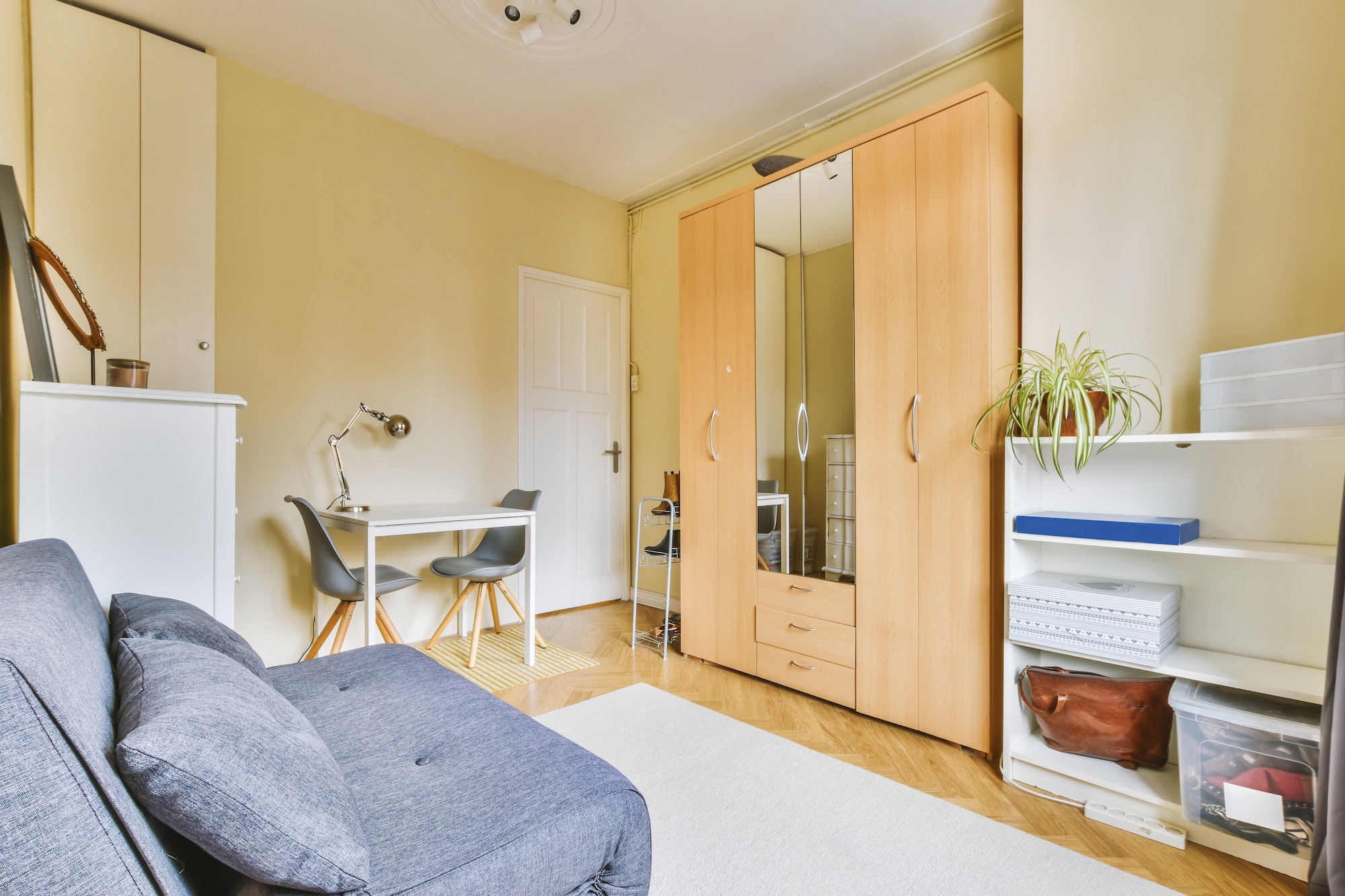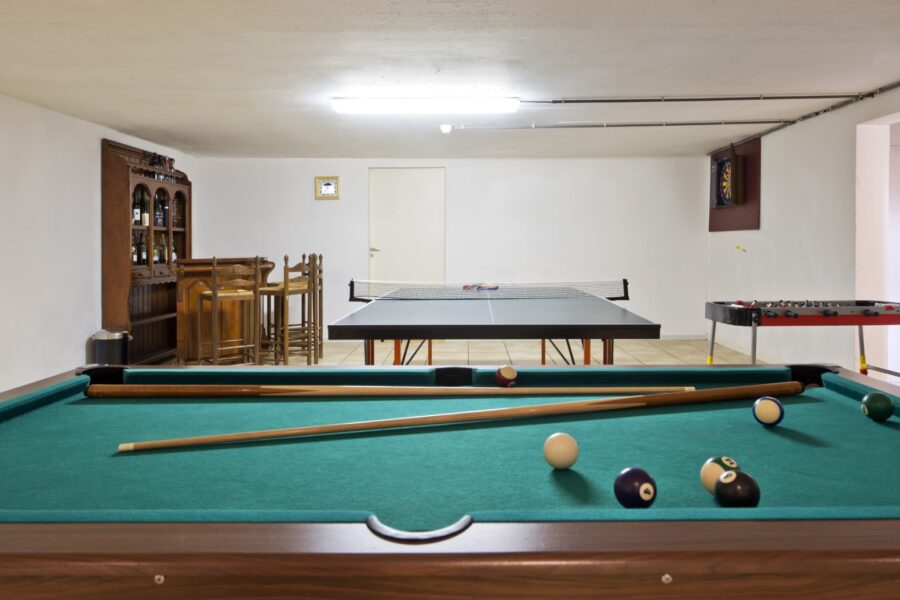Every homeowner knows how stressful and messy dealing with a plumbing issue can be. It’s especially frustrating when you realise that a bigger problem could have been prevented if you had dealt with it or discovered it when it was a minor issue.
The number one rule for being a homeowner should always be to know the emergency plumber Melbourne locals call when they have a plumbing crisis. Additionally, a few simple plumbing tips will go a long way toward reducing the severity of a crisis.
Reduce Potential Plumbing Emergencies With a Few Tips
Most plumbing emergencies don’t start out as gushing pipes with water streaming all over the place. The average issue starts out as a minor drip or leak and over time escalates into a much bigger problem. Use our simple tips to ensure that you can curb an issue before it becomes an emergency.
1. Know Where Everything Is
If you’ve recently moved into a new property, it’s essential to find the location of all the relevant power, gas, and water switch offs. The last thing you want to do is have an emergency and waste time looking for the valve to shut off the water, gas, or power.
While every plumbing emergency may not require the power or the gas to be switched off, it may become necessary if you have a burst water pipe near electrical outlets. The first thing to do in an emergency that involves streaming water is to switch the water off. This will prevent the issue from becoming worse while you wait for the emergency plumber.
2. Don’t Flush Everything
Blocked drains and toilets are the number one emergency that plumbers are called to deal with daily. If left unattended, these issues can escalate and cause significant damage to your home and your property. Fortunately, most blockages can be prevented by being strict about the items that your family flushed down the sink and toilet.
The most significant of these are listed as:
- Only flush toilet paper and tissues
- Refrain from flushing wet wipes as contrary to popular belief, they don’t actually break down in your pipes
- Regularly flush your shower, bathtub and bathroom sinks with hot water to remove hair and soap build-up
- Be sure to check for leaks and slow drainages during your routine cleaning – don’t ignore the small signs that something may be wrong
3. Keep Oil and Food Out of the Sink
Another rule to enforce if you want to avoid blocked and damaged pipes is to avoid placing food scraps, oil, grease, or fat down the drain. Even in their liquid form, oil can cause severe blockages.
Keep in mind that oil might easily stream down the sink but when it gets cold it will harden and stick to the drain walls. Any other food scraps can stick to this fat and in turn create a huge, stubborn blockage that can also damage your pipes. A simple way to avoid this happening in your kitchen pipes is to regularly clean them with a natural solution made of boiling water, vinegar and baking soda.
Simply follow these steps to make the solution and flush any oil and fat build down the pipes:
- Pour boiling water down the drain
- Add ½ cup of baking soda immediately after the hot water
- Pour ½ cup of vinegar into the drain over the baking soda
- Let this mixture sit in the drain for about 15 – 20 minutes
- Pour a full kettle of boiling water down the drain
- Repeat if you have stubborn blockages or if your drain has an unusual odour
- Do this once weekly or every second day if your pipes are prone to blockages
4. Be Gentle With Your Plumbing Fittings
While it’s true that there are basic plumbing repairs that you can do yourself, it’s essential to only take on the jobs you know how to fix. A common mistake DIYers often make is to over-tighten screws and valves.
Over-tightening can result in broken or stripped threads which will either result in damage to the fitting or the pipe. This can cause a bigger leak. The golden rule here is to make the connections hand-tight so that they can easily be removed when necessary.
5. Perform Regular Checks
In addition to being careful about what you put into your drains, the other crucial tip is to regularly check your pipes and drains. Here you want to check for leaks, drips and strange odours that indicate a blockage somewhere down the line. It’s also a good idea to check that your water meter isn’t running uncontrollably for no reason as this can be an indication of a water leak.
Final Thoughts
Keeping your plumbing issues under control doesn’t have to be a complicated process. Keeping your drains clean and regularly checking your pipes and taps for drips or leaks will go a long way toward identifying small issues that can be easily fixed if caught in time. If all else fails, call your local emergency plumber to save the day!
Discover more from Futurist Architecture
Subscribe to get the latest posts sent to your email.



